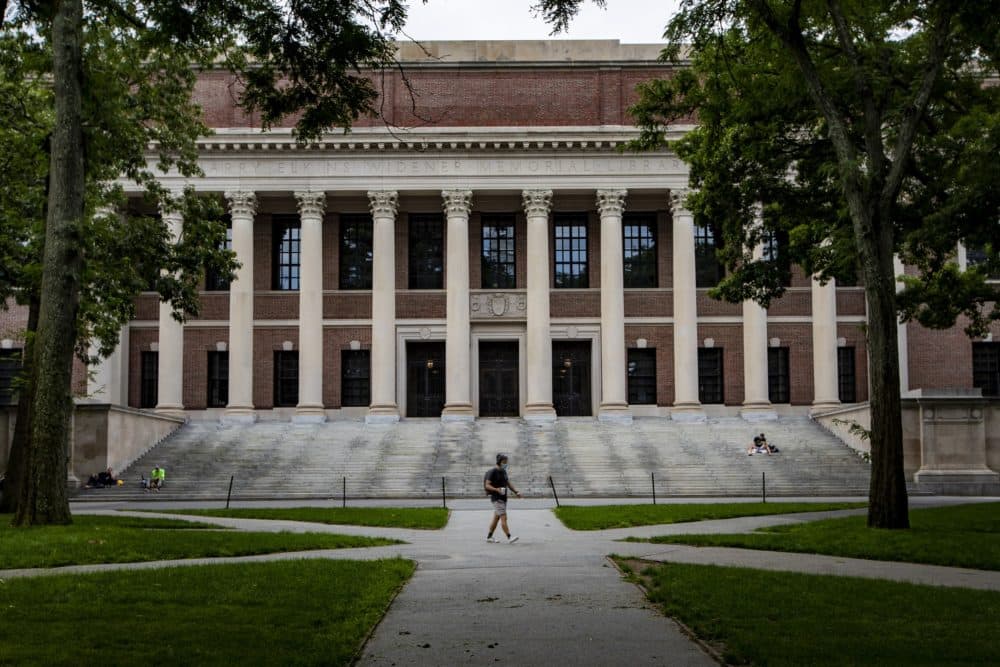Advertisement
Harvard releases plan to 'make amends' for extensive ties to slavery

Harvard is acknowledging its “extensive entanglements with slavery” since its founding almost 400 years ago, and beginning work toward making amends.
The world's wealthiest private university will commit $100 million to various forms of redress after a faculty report found that "much remains to be done" to atone for that history.
The committee's 132-page report recommends sharing educational programming with Black and indigenous communities and institutions, as well as potential “reparative efforts” among direct descendants of enslaved people who worked on the university’s campus or for its ultimate benefit.
In a letter and video message, Lawrence Bacow, Harvard’s president since 2018, said those recommendations are "a helpful set of guideposts," but concrete decisions will be made by a committee led by Martha Minow, a professor at Harvard Law School and its former dean. The committee is charged with beginning the process of "moving from recommendations to action."
Bacow pledged that Harvard “will redress — through teaching, research and service — our legacy with slavery, and we will work, across the university and in partnership with other institutions, to fulfill our moral obligations.”
Between 1636 and 1783, when slavery was abolished in Massachusetts, the report counts at least 70 Black and indigenous people enslaved directly in the service of Harvard presidents and fellows. And in the decades that followed, the authors find, Harvard accepted large gifts from at least eight slave owners in support of its medical and law schools.
Meanwhile, the university is still awaiting the judgment of Massachusetts’ Supreme Judicial Court regarding several daguerreotypes taken of an enslaved man and his daughter by a Harvard professor in 1850.
A Connecticut woman, Tamara Lanier, has argued that she is a direct descendant of the people depicted, and should take ownership of the photographic images, which were taken without their subjects’ consent and now sit in the archives of Harvard's Peabody Museum of Archaeology and Ethnology.
